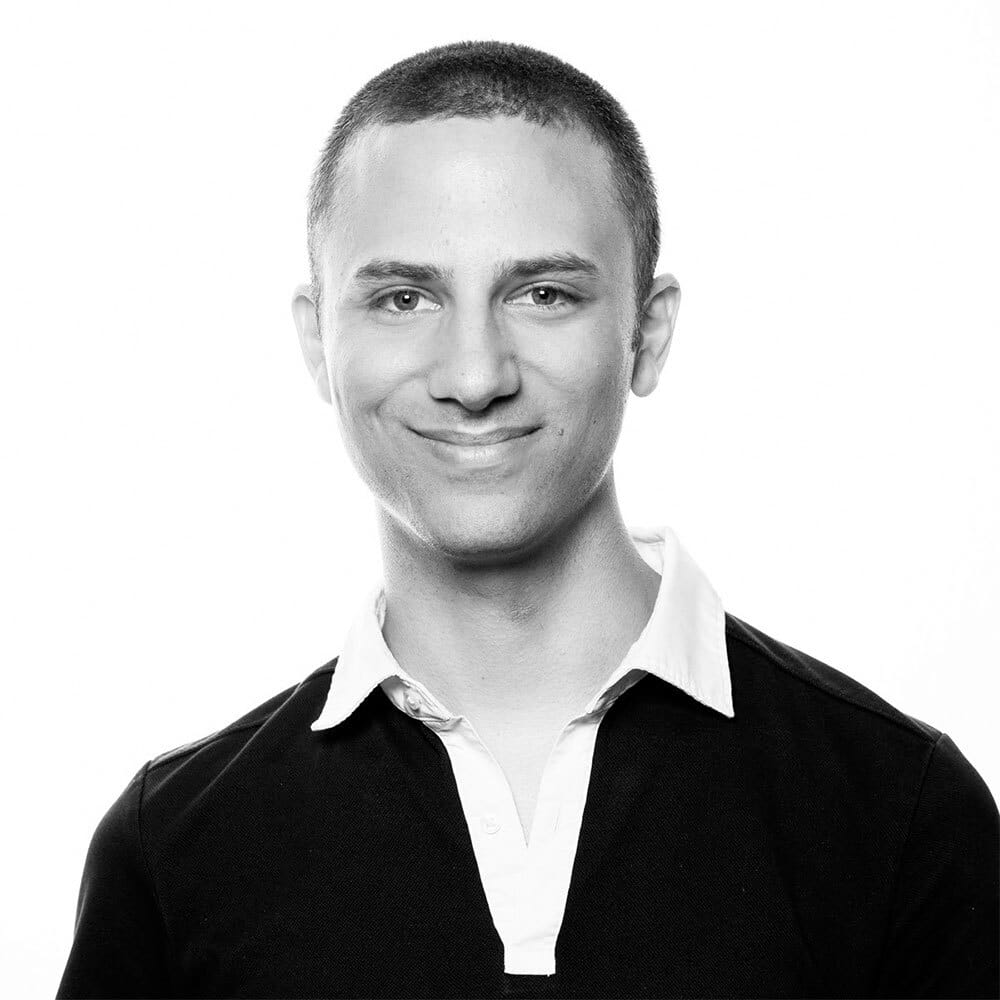‘Look Into My Eyes’: New Doc Reveals the Magic Secrets of NYC Psychics
THE GIFT?
In “Look Into My Eyes,” a documentary filmmaker peeks behind the curtain of the mysterious world of New York psychic readings. What she learned may surprise you.

Trending Now





